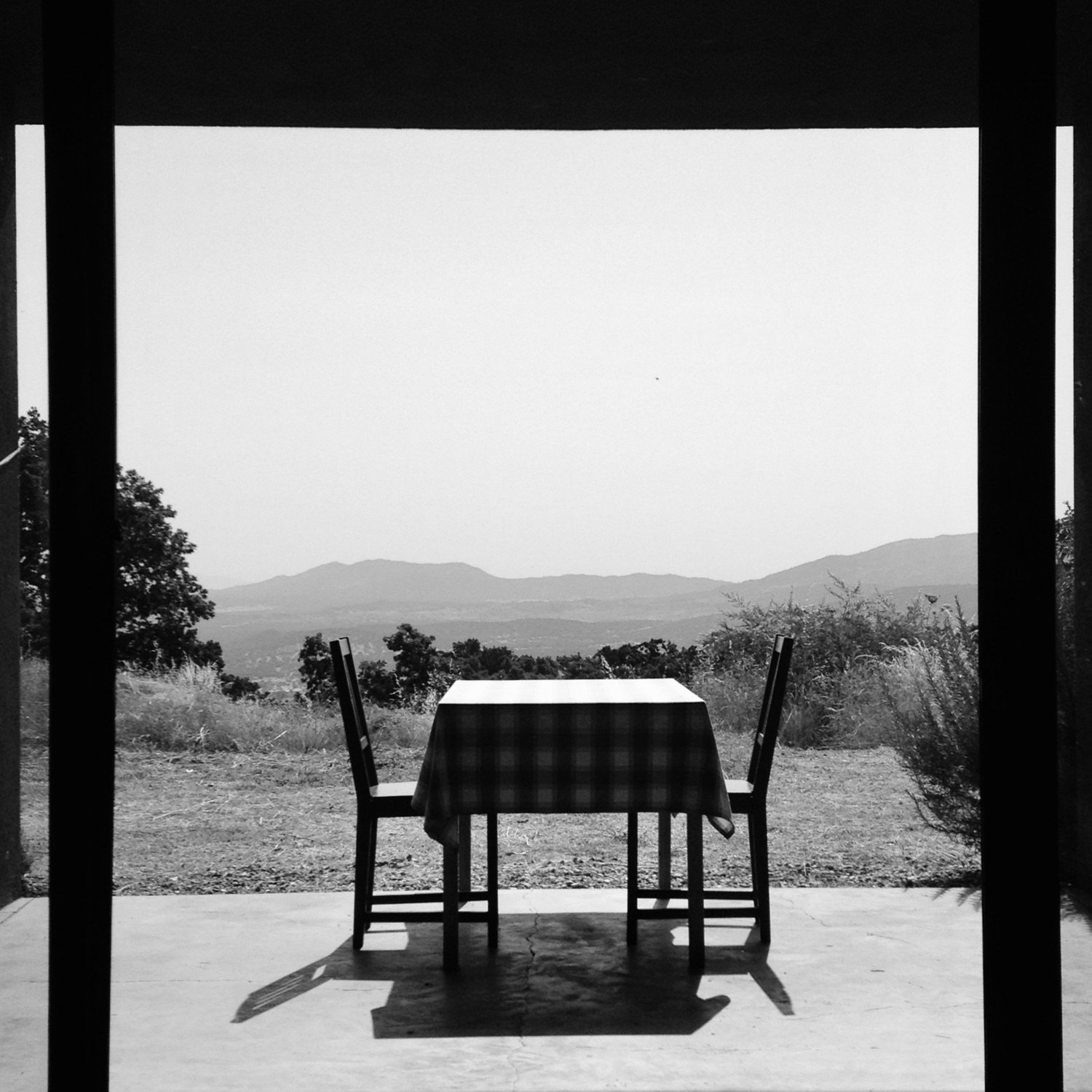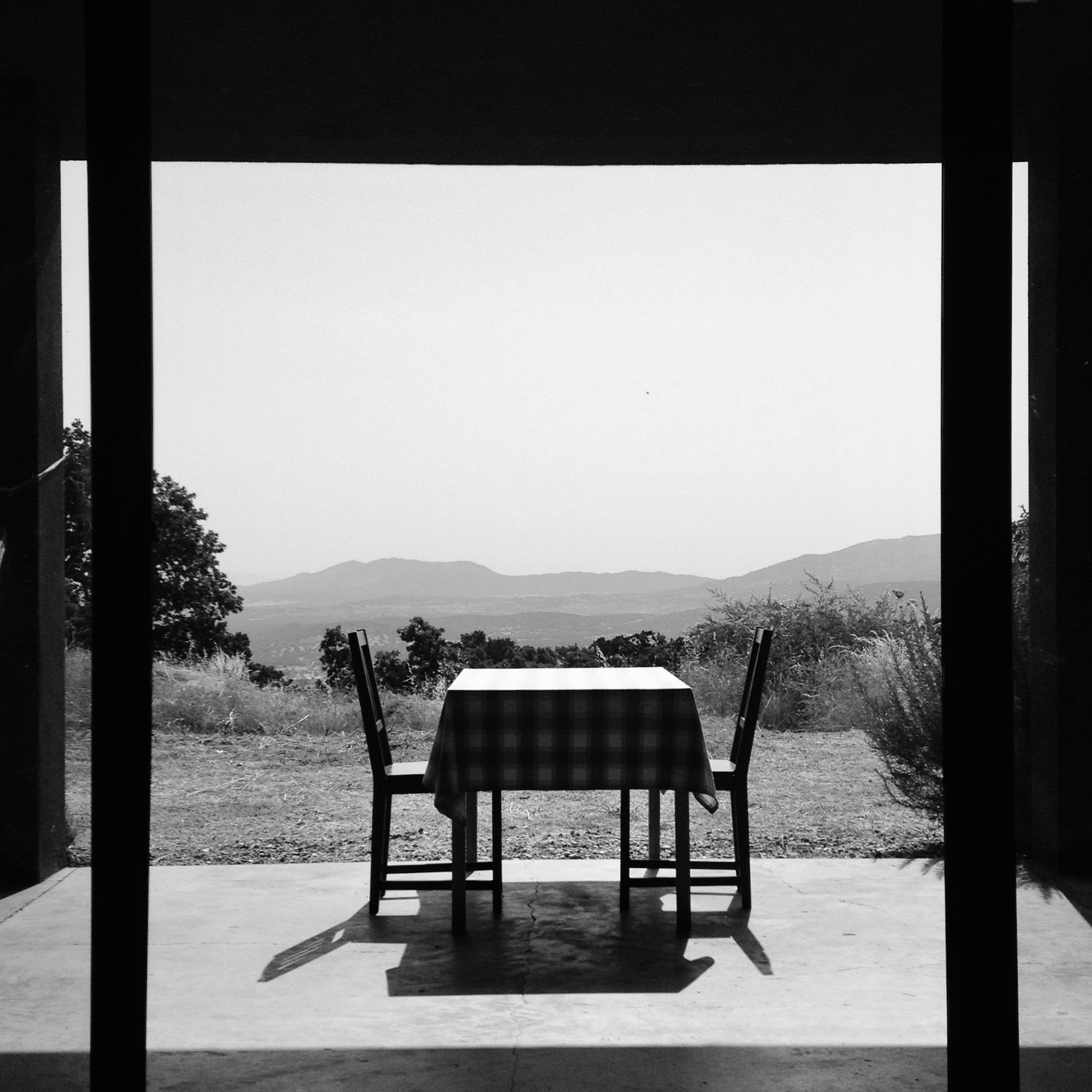The Wrestling Match
Or La Grande Salope
Everywhere we go in Spain, whether it has just been revealed or already known that we are ‘American’, we are met with a range of looks, from grimace to pity with perhaps a trace of schadenfreude. Just this morning, for instance, as Nancy and I walked into the Saturday morning village mercadillo we exchanged fond greetings with Luca, a street vendor selling ladies’ dresses. Over the past few years Luca has been attending night class to learn English so he enjoys practicing on us. After the first few pleasantries and learning about his daughter having graduated and got a well-paying job (“she earns more than her father”, he says proudly), Luca, our friend, drops the T-bomb: “What about Donald Trump?” he asks with an expression of someone wanting to learn the outcome of a horror movie. (Do-nald is pronounced to rhyme with dough-nut; Trrrump is rolled out with a Spanish trill.) The mischievous question gets a theatrical answer, a violent shoulder shrugging, a horizontal backhand swipe of the air across the body with both hands and a plea to not even ask the question: “Por favor, Luca, no preguntes. Es un desastre mundial y nacional, a todos los niveles”. Luca responds with a phrase that sounds something like “verguenza ajena” which I didn’t quite understand in the moment. A couple of women start asking him the price of a dress and he has to pay attention to his business so the conversation goes no further and we have to bid our farewells. Reaching home, I check the dictionary and find that verguenza ajena means a feeling of shame on someone else’s behalf. Yes indeed, thanks for the sympathy.
I now settle down for a morning read: the essays in Roland Barthes’ Mythologies[*], the first of which is The World of Wrestling, a subject apparently unrelated to the foregoing activities. But no! The very first line reads “The virtue of all-in wrestling is that it is the spectacle of excess.” Barthes proceeds to develop the theme of wrestling as performance art in which the outcome (victory or defeat) is entirely subsumed by the virtuosity of the actors in the moment, a sort of Grand Guignol (a theatrical precursor to horror movies) playing to the lascivious appetite of the crowd.
Combatants unidentified, Vel d’Hiv, Paris, 1949?
“We are…dealing with a real Human Comedy where the most socially inspired nuances of passion (conceit, rightfulness, refined cruelty, a sense of ‘paying one’s debts’)” are carried out in the confines of the squalid and overcrowded wrestling hall. “What is displayed for the public is the great spectacle of Suffering, Defeat and Justice. Wrestling presents man’s suffering with all the amplification of tragic masks.”
The key character in the drama of wrestling is the ‘salaud’, the ‘bastard’, represented in the ring as a physical type “with an obese and sagging body” and, as often as not, a ‘salope’, a ‘bitch’ with all the attendant degrading calumnies. Towards the end of his short essay, Barthes asks “What then is a ‘bastard’ for this audience composed in part…of people who are themselves outside the rules of society? Essentially someone unstable, who accepts the rules only when they are useful to him and transgresses the formal continuity of attitudes…He takes refuge behind the law when he considers that it is in his favour and breaks it when it is useful to do so…there is nothing more exciting for a crowd than the grandiloquent kick given to a vanquished ‘bastard’ …contempt is then unrestrained. One is no longer dealing with a salaud but with a salope — the verbal gesture of the ultimate degradation.”
This is all stirring stuff and the echoes of Le Grand Guignol that is contemporary politics in the United States are reverberating in my head as I contemplate the meaning of Barthes’ analysis. On the one hand, the obese, orange-haired, faux-tan braggart is clearly the salaud. But then what does that make the audience? The ‘deplorables’ are enjoying the action as the apostate-in-chief kicks over the traces of government protocol but at the back of the crowd that holds judgement over this extravagantly unstable clown are none other than the latte-sipping liberals (the latter day ‘coupon clippers’ of Marx’s time). So who are the other players in this ‘spectacle of excess’, each playing their role, exaggerated to the point of caricature? The Supreme Court? The presidents of universities? The Muslims? Immigrants? The widows and orphans of Gaza? Black Americans or Africans from the Mother Contintent? Each of these has a role to play in this Human Comedy, as judge, collaborator or martyr, all party to the extravaganza being played out across the globe at incalculable cost to human life, to the economy, to humanity itself. What we are living through is a wrestling match of a scale ‘never seen before’, a great spectacle of Suffering, Defeat and Justice, at the center of which is La Grande Salope,he with the tie that descends to his nether parts. And in this spectacle of excess the crowd cheers on. Verguenza ajena, I get it.
[*] Roland Barthes, Mythologies, London, 1972, translated by Annette Lavers



